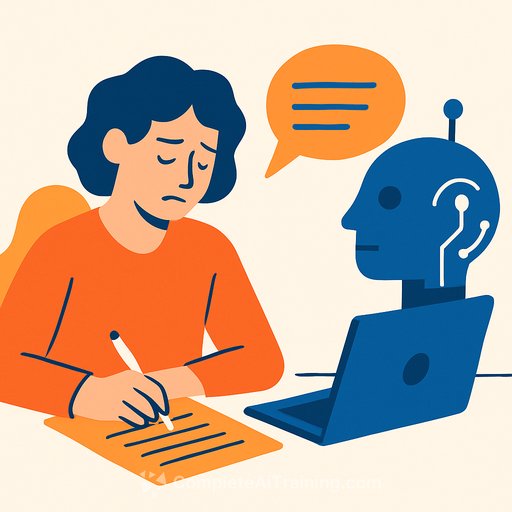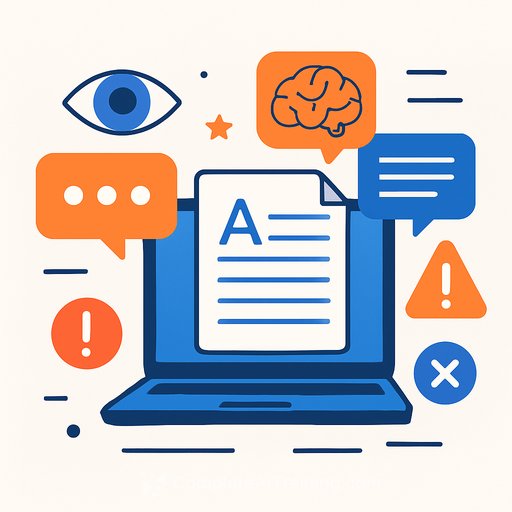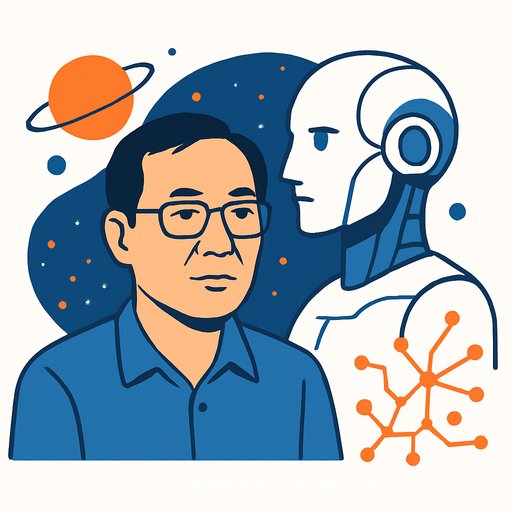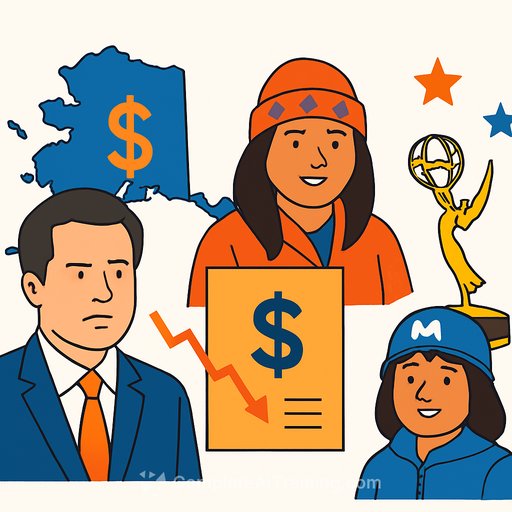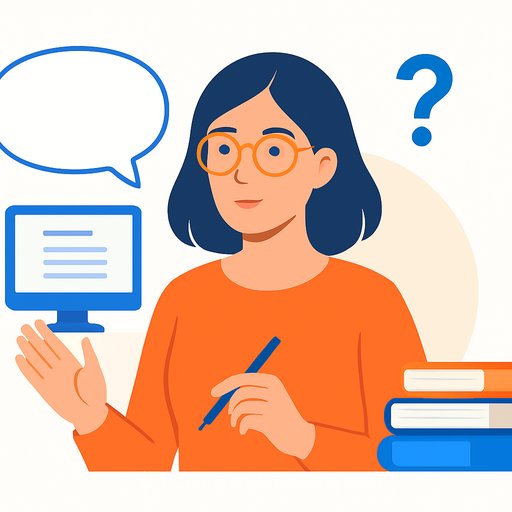The Disconnect of AI in Writing
Protecting your unique voice as a writer is essential. When AI tools first gained popularity, many writers were curious about how these technologies could speed up the writing process. Testing AI for sourcing and idea generation can open doors to fresh perspectives. However, AI often delivers polished outlines and refined suggestions that might not reflect your natural way of working — especially if you don’t rely on outlines.
This disconnect between AI-generated content and a writer's authentic voice is a real concern. Stephen King once shared that he barely remembers writing Cujo because he was under the influence of cocaine during its creation. In his memoir On Writing, King expressed a vague sense of loss for missing the connection to his own work, despite the novel’s success.
Fast-forward to today, and some writers see AI as a shortcut similar to substances like cocaine. Andrew Hudson, a speculative fiction writer, compares AI to cocaine in how institutions discuss it. Both offer fast ideation and speed but risk alienating creators from their own work. That feeling of detachment — not seeing yourself in the words you produce — is a valid fear.
The Risk of Losing Your Voice
AI systems are built to produce refined, grammatically perfect writing. While the final product is important, the creative process itself holds equal value. Messy drafts, awkward phrasing, and multiple revisions shape a writer’s voice over time. Replacing this process with a ChatGPT polish might save time but at the cost of losing those unique quirks that make your writing stand out.
Chowdhury Noor Abrar Ahmed Siddiky, a writing tutor and creative writer, points out that overreliance on AI can weaken your craft. If you let AI rephrase and restructure for you, you risk losing the ability to generate original sentence structures and ideas from your own mind. Creativity comes from practicing and pushing through imperfect drafts, not from polished outputs alone.
A Historical Perspective on Machine-Made Creativity
The tension between human imperfection and machine perfection isn’t new. In Frank Herbert’s Dune, society bans the creation of thinking machines after a devastating war. The book’s famous commandment, "Thou shalt not make a machine in the likeness of a human mind," reflects a deep skepticism about machines imitating human creativity.
Hudson highlights that machines simulating human creative acts or pretending to be human in the form of chatbots pose challenges to society’s understanding of originality and authenticity.
The Magic of Human Experience in Writing
Human writing shines brightest in raw, lived experience. Siddiky recalls how J.R.R. Tolkien’s writing allowed him to visualize fantastical settings vividly, as if they were right in front of him. This immersive quality comes from personal imagination and emotional depth — something AI can’t replicate.
When we outsource creativity to shortcuts, we risk losing this magic. AI can save hours of effort, but it can hollow out the connection readers seek. Readers want to feel understood, to recognize themselves in the writer’s “weird.” Unlike AI, humans don’t fit into an algorithm. AI can’t feel childhood emotions or peer into its own shadow self for inspiration.
Balancing AI and Authenticity
- Use AI tools wisely for research and idea generation without letting them take over your creative process.
- Preserve your messy drafts and imperfect phrasing — these are the building blocks of your voice.
- Remember that writing is as much about the journey as it is about the final product.
- Reflect on how AI impacts your connection to your work and adjust your use accordingly.
For writers exploring how to engage with AI without losing their voice, resources like Complete AI Training offer courses that focus on practical AI skills while respecting creative authenticity.
Your membership also unlocks:

